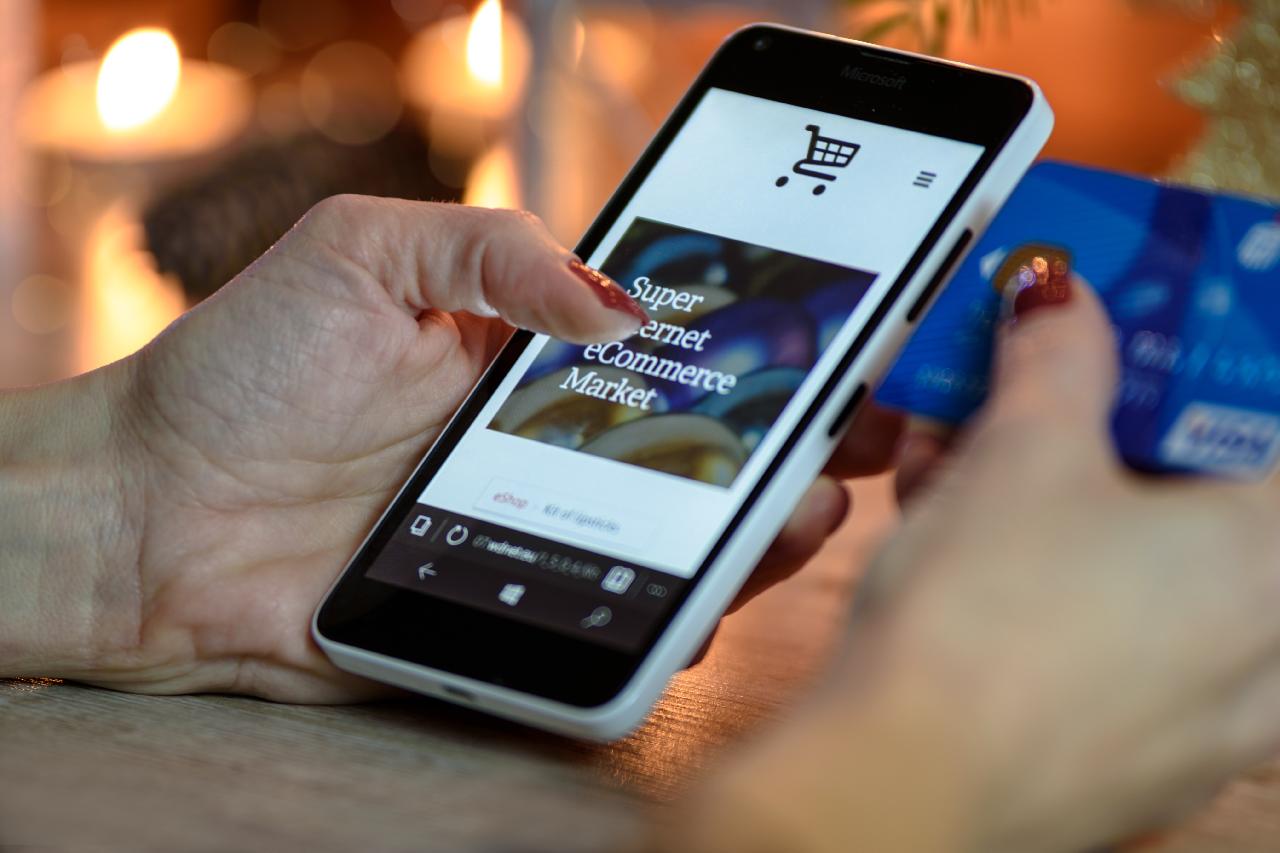advertisement
E-commerce VC Deals Spike In Africa In Q2 During COVID Lockdown
Today, Jeff Bezos is worth $200 billion. He becomes the world’s richest man as founder of Amazon, reportedly distancing other…

Today, Jeff Bezos is worth $200 billion. He becomes the world’s richest man as founder of Amazon, reportedly distancing other multi-billionaires by $90 billion. Hundreds of millions of people around the globe prohibited from visiting traditional high-street shops due to restrictions imposed by COVID-19, turned to the delivery giant to keep themselves fed and entertained. As such, the Amazon share price has ballooned.
Compared with well-established digital retail markets such as the US, e-commerce in Africa is still relatively nascent thanks to market inefficiencies. In a report published by the UN Conference on Trade and Development (UNCTAD), these market inefficiencies are quantified as an E-Commerce Readiness Index.
They cite four main factors required for adoption of e-commerce; the percentage of the population with access to the internet, the percentage of the population with access to a bank account, the availability and security of web-servers and the reliability of postal services. While countries such as South Africa and Nigeria fare better, market enablers across the continent require further investment to be conducive to the growth of e-commerce.
advertisement

Investors, however, continue showing confidence in the future of e-commerce, deploying new capital throughout the COVID-19 pandemic. Despite challenges in the market, Baobab Insights has tracked significant investment into e-commerce companies in Africa throughout 2020. The spike in the number of deals in Q2 2020 is indicative of investors’ confidence in the long-term trend of a young, digitally savvy population shifting more of their consumption habits online, and the short-term impact of COVID-19 catalysing that shift.
Interestingly, analysis conducted by Baobab Insights highlights that while the number of deals in Q2 2020 reached the highest number of rounds-per-quarter over the past 18 months, the total sum of investment was down from Q2 2019. This is reflected in there being an exceptionally high level of investment activity at the seed stage, totalling 17 deals in Q1 and Q2 of 2020 in comparison to only 22 deals over the whole of 2019, and just 21 in 2018.

In addition to the shift in the investment stage and the amount being secured per round, investor focus appears to be adjusting regarding business model preferences. In 2019, 30 per cent of deals were secured by companies that provided food, and grocery delivery services and 22 per cent focused on companies providing online pharmacy services. Investment in 2020 has continued to favour food and grocery services. However, there has been an increased focus on companies offering online car retail services.
advertisement

Is the time now for e-commerce in Africa?
Maria Inziani, Data Scientist, Baobab Insights, commented, “While short-term trends indicate increased investor appetite for the e-commerce space. It is a fairly nascent industry.” He went on to say, “COVID-19 restrictions are forcing consumers to seek new retail options. Consumers are comfortable using applications such as WhatsApp to enhance their shopping experience. Though it is too soon to tell if this behaviour change is permanent, e-commerce companies have an ideal opportunity to capitalise upon.”